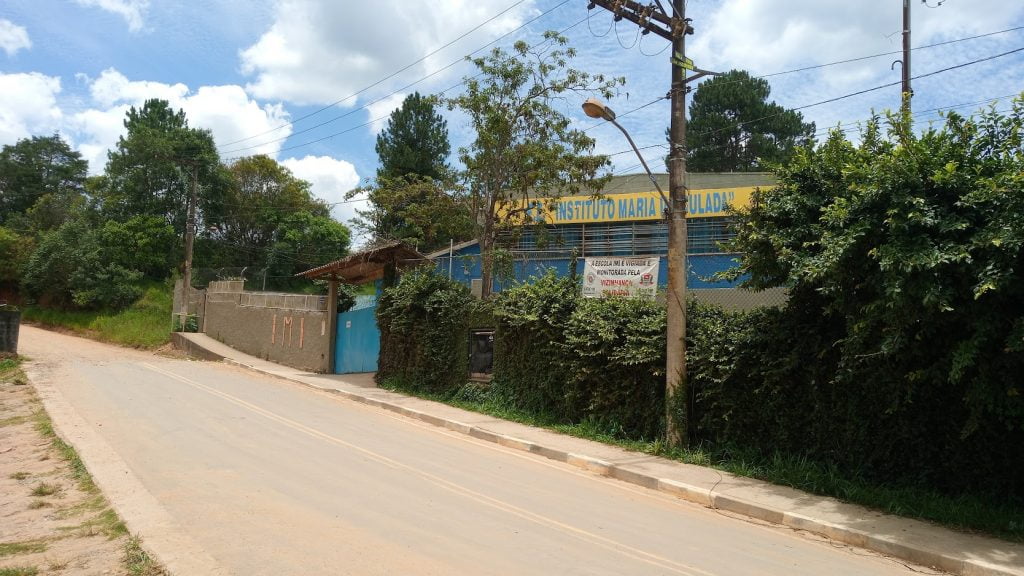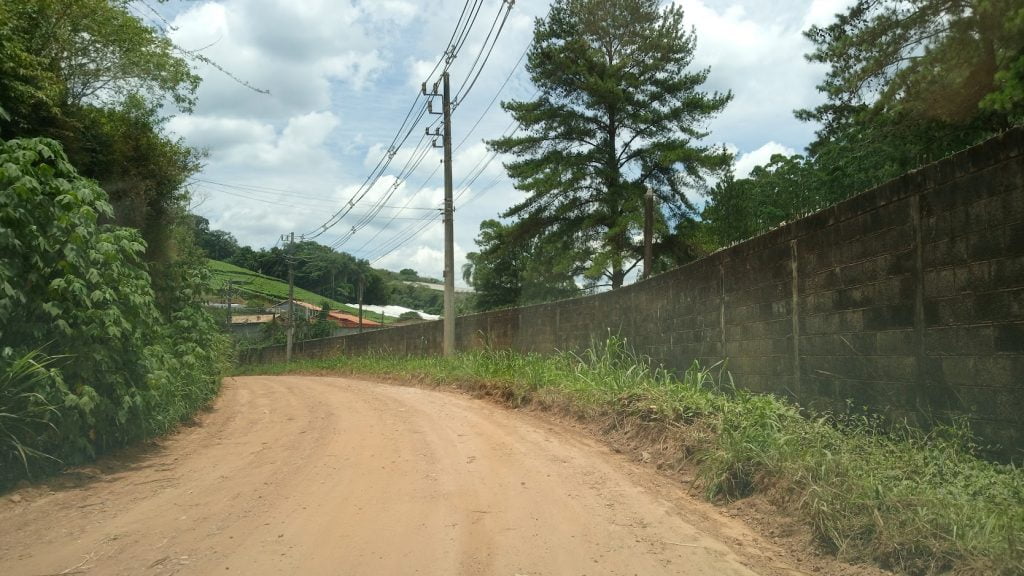But the solutions are not as complex as we think.
One of the UN Sustainable Development Goals is about providing education for everyone.
I thought about this because I had an interesting experience this week.
Currently, I am in Brazil for a visit. I had the opportunity to visit a local school. Going there and meeting the staff was an eye-opener, as to why providing education to all children can be so difficult, even when the solutions seem simple.
I would like to share this experience with you because I think it is worth learning from. Especially if you work in education administration. Because this example confirmed my view that providing quality education is not always as difficult as our politicians present. Whether we are in Brazil or any other country.

The teachers usually know what it takes
The school we went to is located in an area right at the border of three districts of metropolitan São Paulo. It has space for approximately 300 students, and most of them come from a nearby Favela. Immediately, I could sense that the teachers at the school are dedicated and passionate. The facilities were as expected in a semi-rural area in a developing country.
The headmistress let us not be in doubt, that there are plenty of problems to deal with. Intermittent electricity blackouts and unstable internet connections, for a start.
And yet, here I met dedicated, passionate teachers who were willing to come every day and teach to the best of their abilities. They expressed love and kindness to the students. And doing everything they possibly could to make their students succeed.
This is a picture I have seen in many places. There are many good teachers. But there is a lack of political will to listen to what they have to say. These teachers know exactly, what is needed for their students to succeed. If you want quality education, listen to the experts. You can find them in classrooms all around the world. Not in political action committees or business consultancy firms.
Providing education means solving the practical issues
My visit to this school confirmed, what I already knew. The obstacles for teachers to succeed often lie in concrete practical issues.
Are there facilities available?
Do the teachers have the tools they need?
The headmistress showed me a class schedule for the coming school year. Any classes marked in red meant, that there were no teachers for these classes. About half of the classes were marked red.
I asked, what was the biggest obstacle to solving this issue.
The answer was surprisingly practical. It was not a question of salaries. Although many teachers in Brazil work at several schools to earn enough income. Which is is a disgrace in its own right. But I will leave this discussion for another post.
In this case, the bigger issue was that there are no active bus routes anywhere close to the school. This means that if you are a teacher at that school, you can only come to work by car or on foot.
The road to the school is mostly unpaved and in poor condition. The headmistress said, that even additional salary bonuses failed to compensate for this issue.
For me, that was an eye-opener. Could the solution really be as simple as a working bus line? And if so, why is this not being solved?
I was also told, that if they cannot cover these classes, they would eventually cancel them altogether. Talking about providing quality education.
The shortage of teachers is not unique to Brazil. It is also an issue in developed countries. This example here just shows that the solutions go beyond quick fixes like increasing salaries. It is about addressing fundamental issues regarding teachers working conditions. Everywhere in the world.

Providing education is not rocket science
This lack of infrastructure is not only a problem for teachers. It is for the students as well. They walk many kilometers on an unpaved road every day. On our way there, we saw some snakes making their way across the road. Not exactly the safest route to school. And not an easy one either. That day the thermometer showed 36 degrees. For a northern European like me, that is almost unbearable.
The question is, why is this not solved. When I asked this, the answer was that the school is right at the border of three municipalities. Therefore, none of them want to take responsibility for doing something about it.
Basically, education is actively undermined, because politicians play kindergarten. That is nothing new either. Again, it happens where I come from also. And again, it serves as a stark reminder, that solving the issues is not that complicated or hard. Here it is a question of infrastructure. Sometimes it is about stupid bureaucracy. Sometimes teachers have to use their own money for buying basic teaching supplies. In any case, it often comes down to practical issues like this.
We don’t need to form political action committees and congressional investigations to solve this. We just need to listen to the experts in the field and solve these ridiculously simple problems.
I am always happy to hear your experience about practical obstacles that get in the way of good teaching for you. Let me know in the comments.




